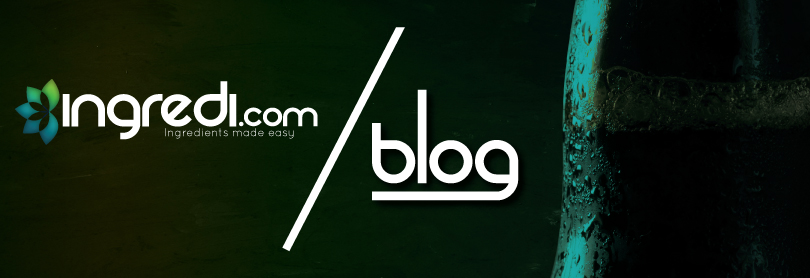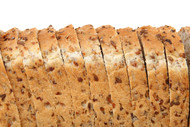What Is Calcium Propionate and is it Vegan?
By on Jan 20th 2021

Calcium propionate (also known as E282) is the calcium salt of propanoic acid. It is used as a food preservative and is commonly found in commercial bread and other baked goods. However, it can also be found in processed meat, whey, and other dairy products. It meets the specifications of the Food Chemicals Codex and is generally recognized as safe (GRAS). As a bread preservative, it helps keep baked goods fresher longer by preventing mold and bacterial growth. While you might find good mold in certain cheeses, moldy bread is never a good thing.
By prohibiting mold and bacterial growth, calcium propionate extends the normal shelf-life of bread and baked goods. For large-scale baking operations, including bread that is found sliced, wrapped, or foiled in grocery stores, this cuts down on product spoilage and waste. Ordinarily, the high moisture content of bread is an ideal environment for mold growth. However, calcium propionate severely inhibits this problem. It’s best used with yeast-leavened bakery products because the calcium ions interfere with the chemical agents in non-yeast leavened bakery products.
Besides preserving the food for longer periods of time, calcium propionate also contributes to the nutritional value of the food because it is a source of calcium. Calcium is, of course, a very important mineral for the human body. Calcium contributes to bone and tooth health, blood clotting, nerve function, hormone and chemical regulation, and even helps keep a regular heartbeat in the human body.
Is Calcium Propionate Vegan?
When it comes to calcium, we often think of dairy products such as milk, cheese, and yogurt. However, calcium is found in many foods, including those supplemented with additional minerals. Perhaps the strong association with calcium and animal products is why so many people wonder whether calcium propionate is vegan.

The short answer is yes, calcium propionate is vegan.
With the growing popularity of plant-based diets, there is always concern over reading labels and identifying possible ingredients that may prevent a food from being considered vegan. Calcium salt of propionic acid, or E282, is formed by the reaction of calcium hydroxide with propionic acid. It is also naturally-occurring in some foods and acts as a natural preservative. Swiss cheese is an example and can contain up to 1% natural propionic acid.
While calcium propionate can be found naturally in cheeses and may be used to preserve meat and dairy products, commercial E282 is synthesized in a lab and is, for all intents and purposes, vegan-friendly.
We currently carry bulk 50lb bags of calcium propionate, which you can find here.






